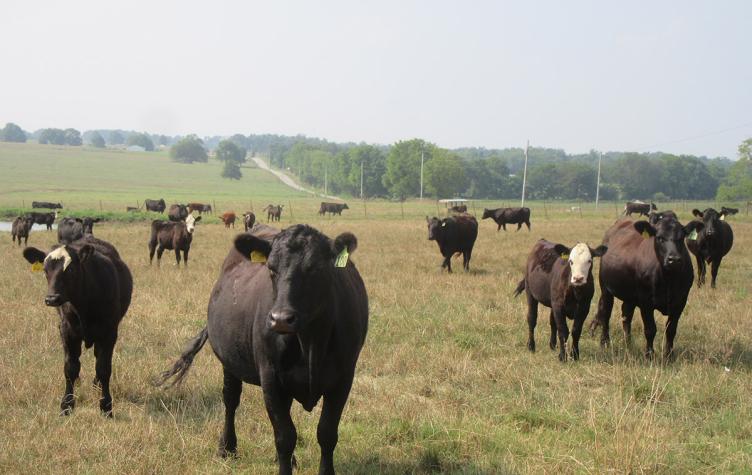
Use a grazing strategy to get more grass from pastures
Compared to other parts of the agricultural community, graziers of cattle depend less on fossil fuel and more on solar energy to turn a natural resource like grass into a sellable commodity, says University of Missouri Extension agronomist Tim Schnakenberg. Graziers can save on operating expenses and provide quality feed to meet nutritional needs by allowing cows to do selective harvesting.
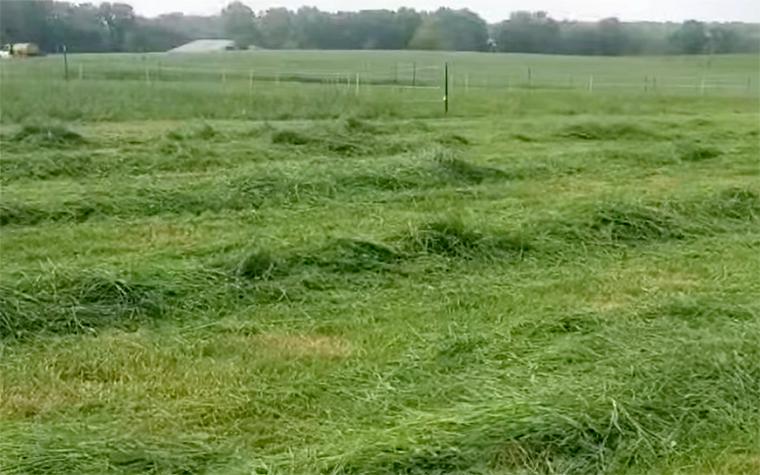
Three days to hay with a minor change
LINNEUS, Mo. – May’s precipitation has made haymaking challenging when rain is frequent and sometimes unpredictable, but University of Missouri Extension state forage specialist Carson Roberts has a tip to help hay dry down quicker. Roberts turns the knob to set the swath boards on the swather to the widest setting.
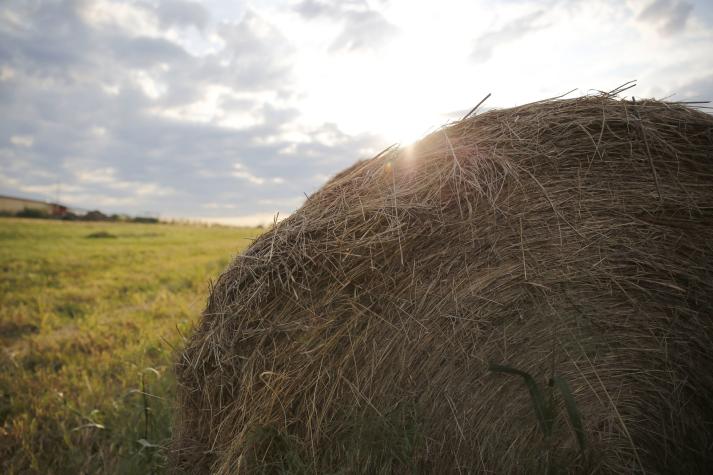
Make hay in May for best quality, yield
Cutting hay in May boosts quality and yield. Harvest before seed develops and store properly to preserve nutrients and minimize losses.
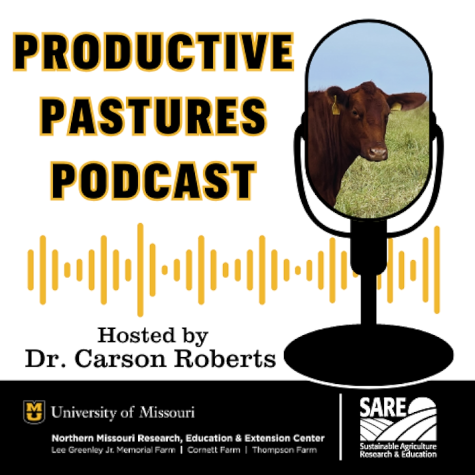
MU forage specialist begins new podcast
A forage specialist launches a podcast sharing tips on pasture management, livestock production, and improving forage systems.

Produce high-quality hay to reduce cattle supplementation
STOCKTON, Mo. – “Hay harvest is approaching, and producing high-quality hay reduces cattle supplementation,” says Patrick Davis, University of Missouri Extension livestock field specialist. Davis discusses harvest management strategies to achieve optimal hay quality.
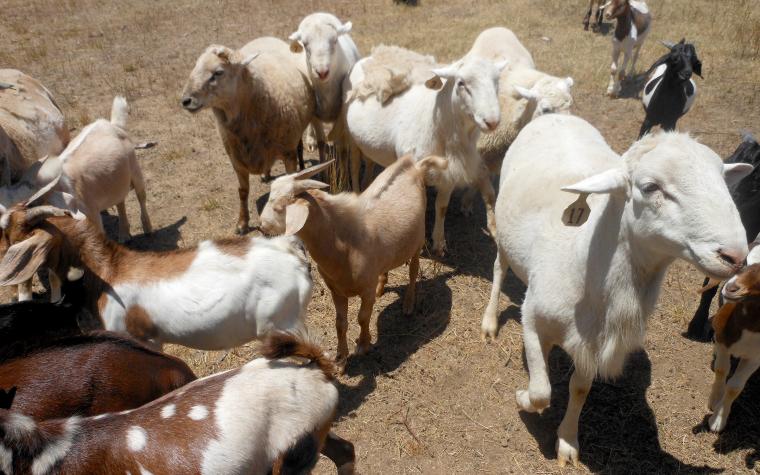
Controlling sheep and goat parasites through forage management
Learn how grazing systems, high-quality forages, and integrated strategies help manage internal parasites in sheep and goats.
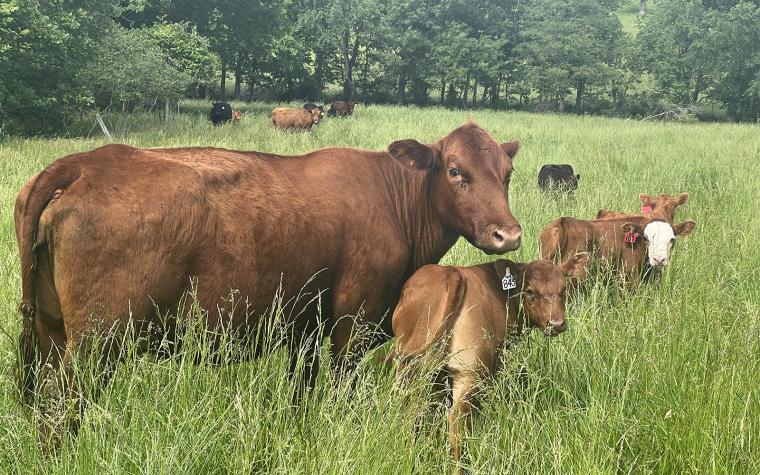
Plan for drought by choosing the right forage plan
Choose drought-resilient forages and legumes to maintain productive pastures and reduce feed costs during dry summers.
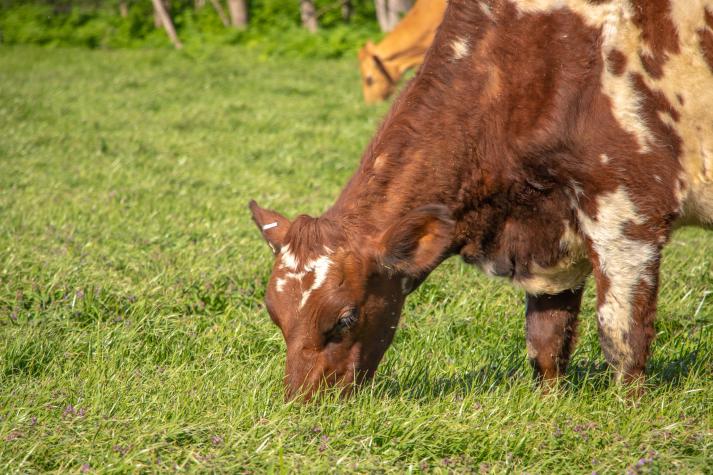
Use sacrifice pastures now to spare best pastures for later
STOCKTON, Mo. – “Cattle producers welcome the rain, but it leads to muddy pastures and proper management is needed for optimum grazing the rest of the year,” says Patrick Davis, University of Missouri Extension livestock field specialist. Davis feels sacrifice pastures may be needed to help in promoting forage production for the rest of the grazing season.

Add magnesium to prevent grass tetany in cattle
STOCKTON, Mo. – “As spring and lush grass growth arrives cattle producers need to plan for prevention of grass tetany,” says Patrick Davis, University of Missouri Extension livestock field specialist. Grass tetany arises from a cattle mineral imbalance, so Davis suggests cattle producers use management strategies discussed below to reduce the incidence in their cattle operations.
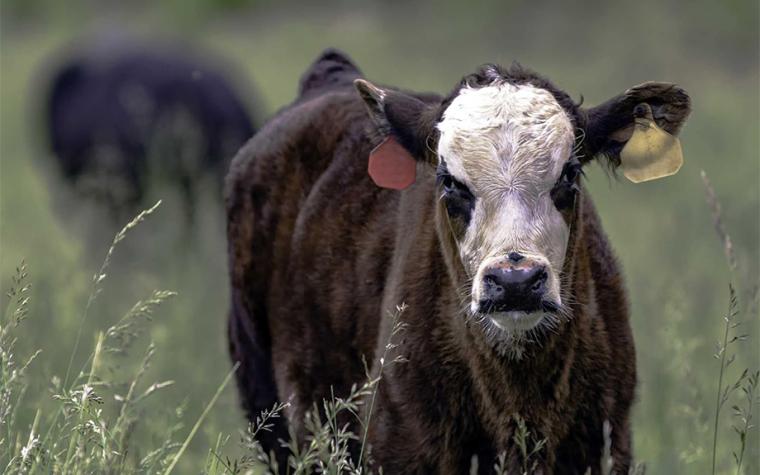
Understanding grass tetany in beef cows
COLUMBIA, Mo. – If you’ve ever seen a cow suddenly collapse in early spring, seemingly out of nowhere, you might have witnessed a case of grass tetany, says University of Missouri Extension state beef nutritionist Eric Bailey.
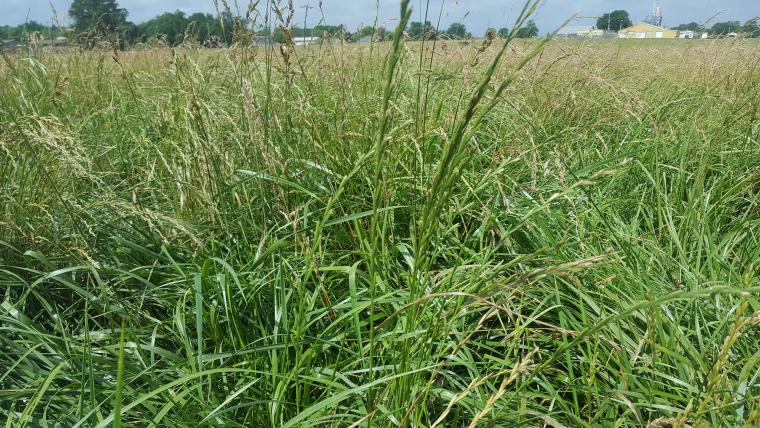
Timing, flexibility key to grazing tall fescue spring flush
COLUMBIA, Mo. – Proper management of the spring flush of tall fescue gives pastures and cattle a head start for the rest of the grazing season, says University of Missouri Extension state forage specialist Harley Naumann.

Avoid financial heartbreak after drought
Learn strategies to reduce financial loss after drought by adjusting pasture management and considering native warm-season grasses.

The skinny on what your hay bales really weigh
Hay bale weight varies with moisture and density. Learn how to estimate actual weight for better feeding and management decisions.
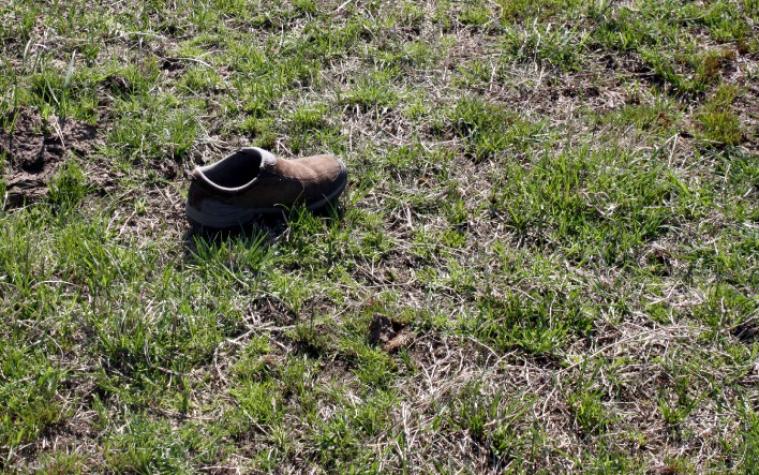
Frost-seeding legumes pays big dividends
Frost-seeding legumes boosts pasture health, lowers input costs, improves soil fertility, and supports cattle growth even in drought-prone areas.
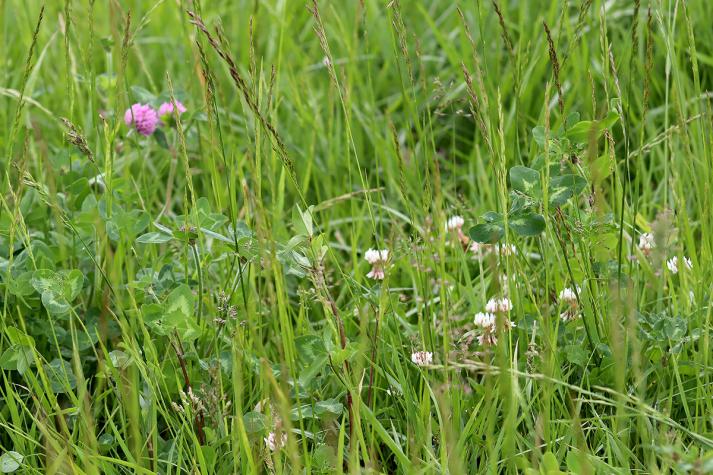
Frost seeding legumes improves pastures several ways
Frost seeding legumes boosts pasture quality, yield, and soil health by adding diversity early in the growing season.

Three steps to prepare for winter feeding of livestock
Assess livestock feed needs, evaluate forage availability, and plan for necessary supplements to ensure adequate winter nutrition.
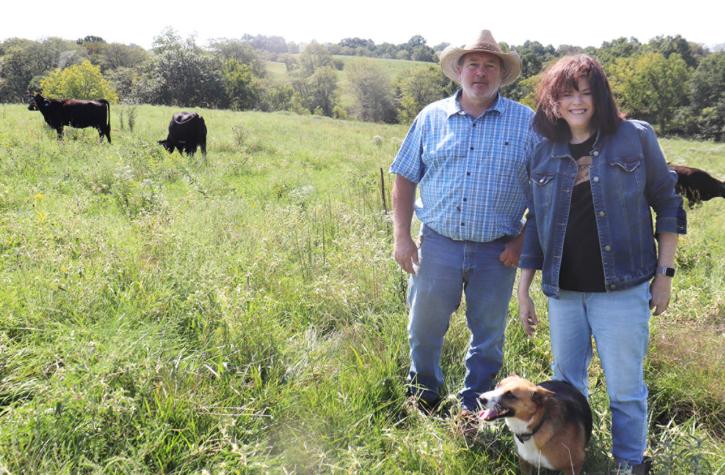
Forage, cattle producers embrace change in move from Colorado to Missouri
Tad and Kim Carnahan transitioned from Colorado to Missouri's agriculture, adopting rotational grazing and sustainable practices to enhance their cattle operation.
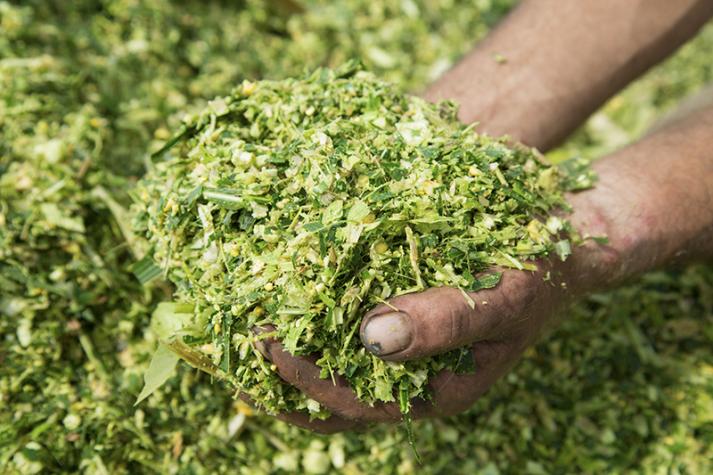
Buying corn silage to feed beef cows in winter
Farmers consider corn silage for winter: higher in digestible nutrients than hay, but costlier and spoilage-prone unless stored and hauled carefully.

Applying nitrogen to forages now is high risk, low reward
Delayed nitrogen for cool-season forages now has little chance to boost fall growth and risks nitrate buildup or fertilizer loss under dry conditions.
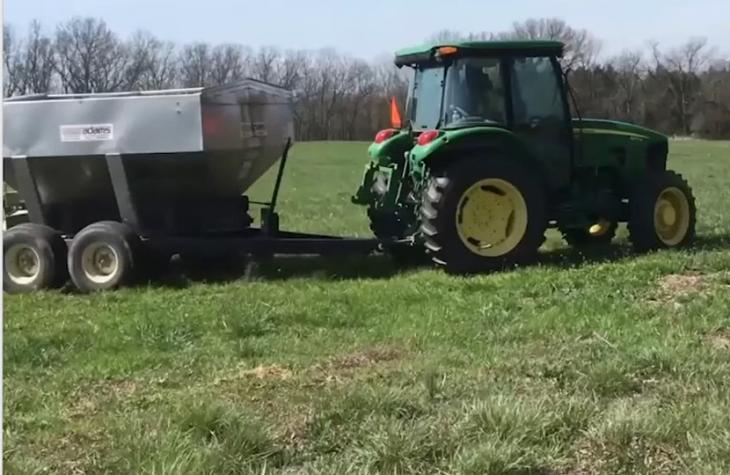
Nitrogen fertilizer boosts fescue yields but increases toxin
Nitrogen boosts fescue yields but raises toxins, so manage fertilizer carefully to protect animal health.

Stockpile tall fescue to save on labor, cost and time
Stockpile tall fescue in late summer to extend grazing, lower hay use, and trim labor, cost, and time for cattle producers.
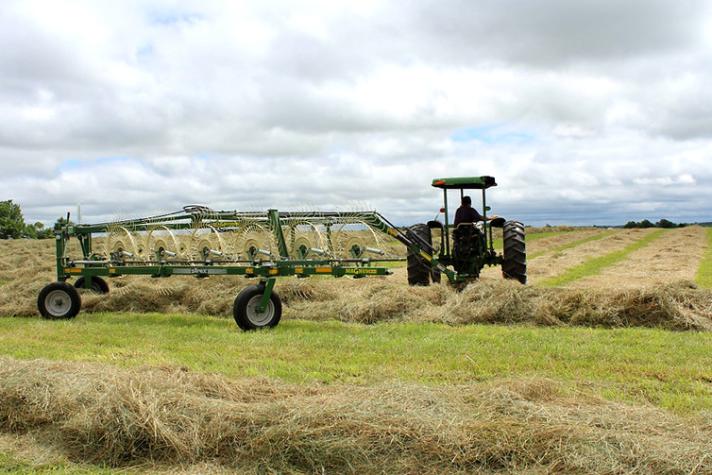
Is rained-on hay still good?
Rainfall affects hay quality, yield, and digestibility. Learn when rained-on hay can still be useful and why testing is important.
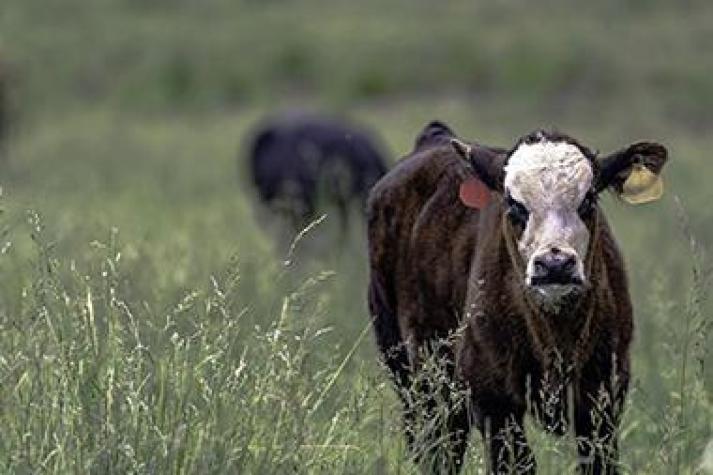
July 23 farm tour to showcase warm-season grasses
Join a free July 23 farm tour highlighting native warm-season grasses for grazing and hay production in southwest Missouri.

Post-drought pasture improvement takes more than rain
LINNEUS, Mo.– Heavy rainfall throughout much of Missouri on July 2 may have lessened worries about drought damage in pastures, but one good rain won’t undo the damage to mismanaged pastures during two straight years of drought, according to two University of Missouri Extension specialists based at the MU Forage Systems Research Center in Linneus.

Filling the summer forage gap
Learn how to plant and manage warm-season annuals like pearl millet and sorghum-sudangrass to maintain quality forage during summer shortages.